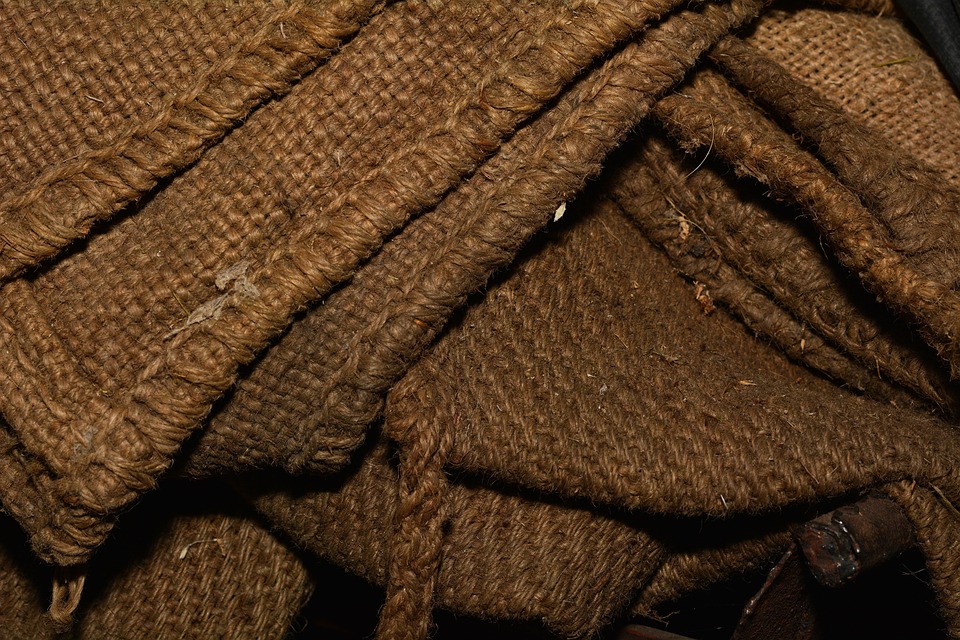
The Union Cabinet on Wednesday approved reservation norms for Jute Packaging Materials for Jute Year 2021-22. As per the reservation norms, Thakur said, 100 per cent foodgrains and 20 per cent of sugar will be packed in jute bags during Jute Year 2021-22 under JPM Act, 1987. The decision is likely to bring relief to 3,70,000 workers employed in jute mills and ancillary units.
The Jute industry occupies an important place in the national economy of India in general and Eastern Region in particular i.e. West Bengal, Bihar, Odisha, Assam, Tripura, Meghalaya, Andhra Pradesh and Telangana. It is one of the major industries in the eastern region, particularly in West Bengal. 75% of the total production of the Jute Industry is Jute Sacking Bags of which 90% is supplied to the Food Corporation of India (FCI) and State Procurement Agencies (SPAs) and remaining is exported/sold directly.
Government purchases Jute sacking bags worth approximately Rs. 8,000 Cr. every year, for packing of foodgrains, hence ensures guaranteed market for the produce of Jute Farmers and Workers. Average Production of Jute Sacking Bags is about 30 lakhs bales (9 lakh MT) and Government is committed to ensure complete take off of the sacking production of the jute bags in order to protect the interest of Jute farmers, workers and persons engaged in the Jute Industry.
The reservation norms in present proposal would further the interest of domestic production of raw jute and jute packaging material in India, thereby, making India self-reliant in consonance with Aatmanirbhar Bharat. Reservation for packaging in jute packaging material consumed around 66.57% of the raw jute produced in the country (in 2020-21). It will help protect the environment because jute is natural, biodegradable, renewable & reusable fibre and hence fulfills all sustainability parameters.
The Cabinet also approved a ₹17,408.85 crore 'committed price support' to the Cotton Corporation of India (CCI) for seven cotton seasons from 2014-15 to 2020-21. The decision was taken at the Cabinet Committee on Economic Affairs (CCEA) headed by Prime Minister Narendra Modi.
The procurement of cotton at MSP helped stabilise the cotton prices and alleviate farmer's distress. Briefing media on the Cabinet decisions, I&B Minister Anurag Thakur said the CCI and authorised agencies procured 123 lakh cotton bales in 2019-20 and 100 lakh bales in 2020-21. The annual production is estimated at 350-360 lakh bales.




